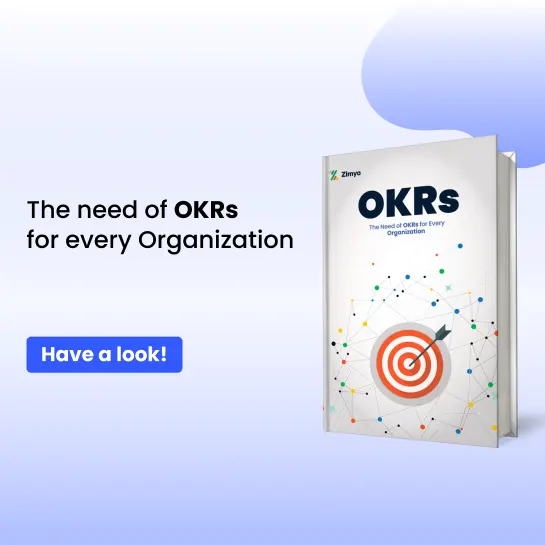A Customer Service Representative (CSR) is responsible for handling customer inquiries, resolving complaints, processing orders, and ensuring a positive customer experience across communication channels like phone, email, chat, or in person. Strong communication skills, patience, empathy, and problem-solving abilities are essential.
The CSR is often the first point of contact with customers and plays a vital role in brand perception and customer retention. These interview questions help assess communication skills, product understanding, customer empathy, and the ability to resolve issues calmly and efficiently.
Interview Questions with Tips to Answer
1. Can you tell us about your experience in customer service?
How to Answer:
- Highlight your previous roles, number of years, types of customers handled (retail, B2B, tech support), and channels used (calls, email, live chat).
2. How do you handle a difficult or angry customer?
How to Answer:
- Emphasize patience, active listening, staying calm, and offering solutions.
- Share a real example showing how you turned the situation around.
3. What does good customer service mean to you?
How to Answer:
- Define it in terms of listening, resolving quickly, exceeding expectations, and creating positive experiences.
- Add a personal touch or a story that shaped your view.
4. Describe a time when you went above and beyond for a customer.
How to Answer:
- Use the STAR method. Focus on the customer’s need and how your actions created an impact.
- Emphasize empathy and initiative.
5. How do you prioritize multiple customer requests at once?
How to Answer:
- Talk about time management, ticketing systems, and assessing urgency.
- Share how you stay organized under pressure.
6. How do you ensure accurate and professional communication?
How to Answer:
- Mention proofreading, tone awareness, using templates or style guides, and tailoring messages to customer moods.
7. Have you worked with any CRM or support tools?
How to Answer:
- Mention tools like Zendesk, Freshdesk, Salesforce, Intercom, or even Excel for tracking queries.
- Share how these helped you manage and follow up effectively.
8. How do you handle repetitive tasks without losing motivation?
How to Answer:
- Highlight your work ethic, customer impact mindset, or personal systems to keep energy high.
- Share how consistency drives customer trust.
9. What steps do you take to learn about a new product or service?
How to Answer:
- Mention training, documentation, hands-on use, FAQs, and staying updated with product changes.
10. How do you manage stress in a high-volume environment?
How to Answer:
- Talk about staying composed, focusing on one customer at a time, taking short breaks, or using productivity hacks.
11. What would you do if you don’t know how to solve a customer’s problem?
How to Answer:
- Be honest: admit you don’t know, reassure the customer, escalate to a supervisor, and follow up.
12. How do you measure customer satisfaction in your role?
How to Answer:
- Mention CSAT scores, feedback surveys, resolution time, or repeat interactions.
- Share how you improved any of those.
13. Have you ever made a mistake while helping a customer? What did you learn?
How to Answer:
- Own the mistake, share what went wrong, how you corrected it, and the lesson learned.
- Emphasize accountability and growth.
14. Hypothetical: A customer asks for a refund outside the policy window. What do you do?
How to Answer:
- Acknowledge policy boundaries, explain kindly, offer alternatives (credit, discount), or escalate politely.
15. Hypothetical: You receive two angry chats and a phone call at the same time. How do you respond?
How to Answer:
- Prioritize based on urgency or service level agreements (SLAs).
- Use auto-replies, notify team if needed, and remain calm throughout.
16. What makes you a great fit for this role?
How to Answer:
- Talk about your personality (empathetic, detail-oriented), skills, and motivation to help others.
17. Why do you want to work with our company in a customer-facing role?
How to Answer:
- Mention admiration for their brand, culture, or service approach.
- Align your values with their mission.
18. Where do you see yourself in 2–3 years?
How to Answer:
- Talk about upskilling, mentoring others, or growing into team lead, support trainer, or QA roles.
19. Do you have any questions for us?
How to Answer:
- Ask about team size, KPIs, escalation policies, or training plans.
- Shows your interest and seriousness.


